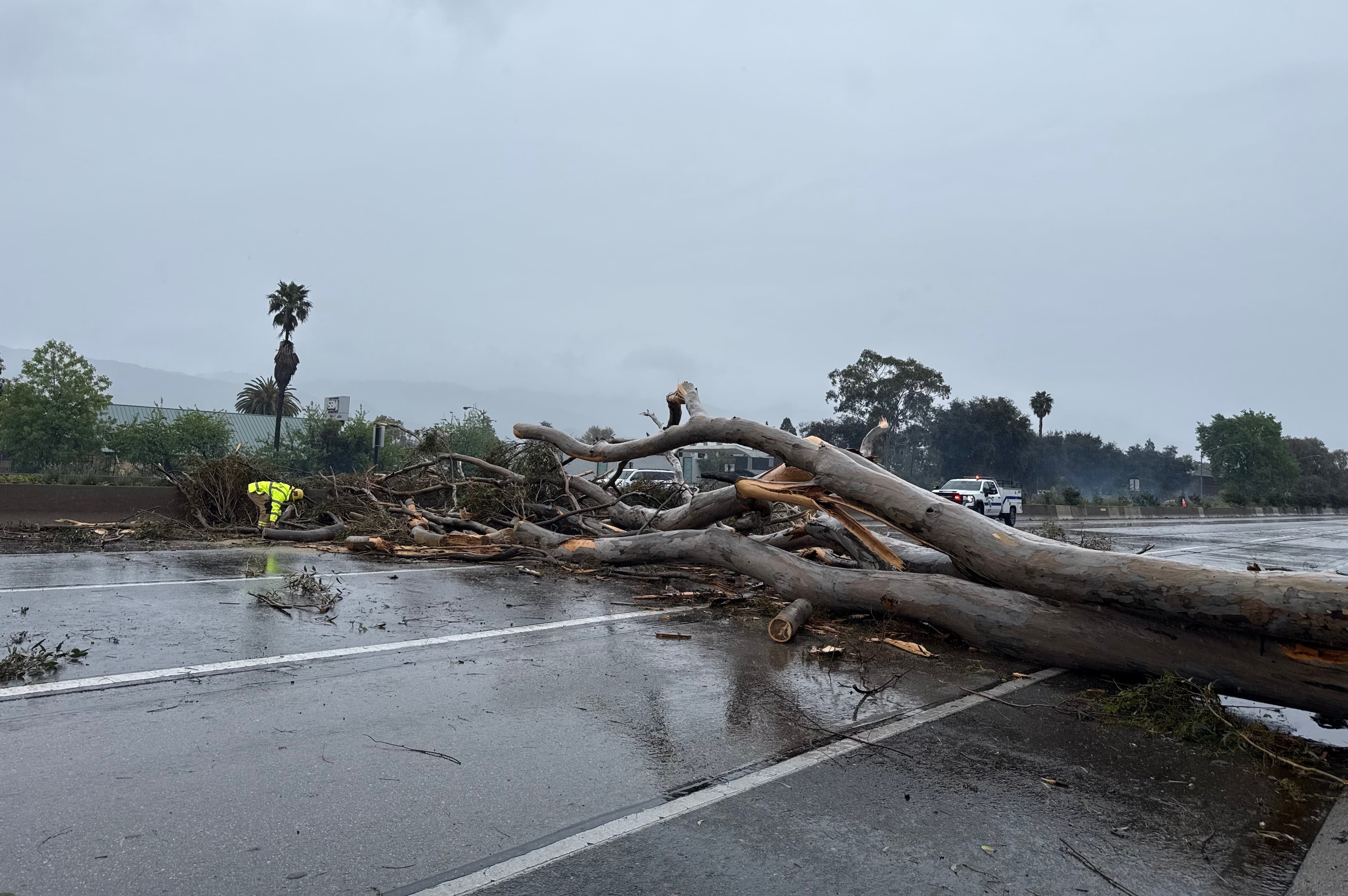Spanish priest given access to Ebola drug dies
A Spanish missionary infected with Ebola has died, apparently after he was given the experimental drug administered to two Americans now recovering in Atlanta.
Father Miguel Pajares, 75, died Tuesday at a Madrid hospital five days after he was airlifted to Spain from Liberia. The decision to give him the same drug that was given to Americans Kent Brantly and Nancy Writebol added more fuel to a global controversy over who should get access to the experimental therapy, called ZMapp.
Carlos III Hospital in Madrid and Pajares' order confirmed his death, the Associated Press reported. Later Tuesday, the AP also reported that Pajares' body will be cremated Wednesday to avoid any further public health risk. He had worked for the San Juan de Dios hospital order, a Catholic group, helping to treat people with Ebola in Liberia when he became ill and was evacuated.
More than a thousand people have died in West Africa from the Ebola virus, but the only three people known to have access to ZMapp are westerners.
In other developments Tuesday, a panel convened by the World Health Organization endorsed the use of experimental therapies, like ZMapp, for treatment of Ebola patients.
"West Africa is experiencing the largest, most severe and most complex outbreak of Ebola virus disease in history," the WHO said in a statement on its website. "In the particular circumstances of this outbreak, and provided certain conditions are met, the panel reached consensus that it is ethical to offer unproven interventions with as yet unknown efficacy and adverse effects, as potential treatment or prevention."
The AP reported that Dr. Marie-Paule Kieny, an assistant director-general at WHO, told a press conference Tuesday: "We don't have enough people to rely on the traditional methods if we want to stop the outbreak as soon as possible."
Meanwhile, ZMapp's manufacturer said Monday that all of the drug has been dispensed.
“In responding to the request received this weekend from a West African nation, the available supply of ZMapp is exhausted,” the statement from Mapp Biopharmaceuticals said. “We have complied with every request for ZMapp that had the necessary legal/regulatory authorization.”
Prior to Brantly and Writebol’s experiment, ZMapp had been tested in monkeys but not in humans, and it’s not yet approved; so any use so far may have come under a legal exception for extraordinary circumstances. Brantly and Writebol not only survived the drug but showed improvement after taking it.
The statement Monday about ZMapp emphasized that any decision to use the drug was made by the patients’ medical team. The drug itself had been provided for free in all cases, according to the statement.
ZMapp is made by Mapp Biopharmaceuticals, with help from partners LeafBio and Defyrus, which would help scale up production. The statement was provided by a leader at Mapp and LeafBio.
There are other drugs in development against Ebola but none has been approved.
Other possibilities include crossover drugs. The cancer drug Gleevec, for example, was found in 2012 by Emory researchers to inhibit Ebola, and it’s already approved for use in cancer patients. Emory University, reached after business hours Monday, could not immediately say whether there were discussions to offer Gleevec for use in the current Ebola outbreak.



